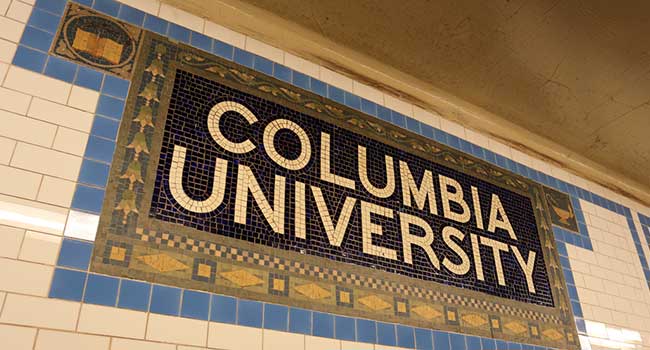
Columbia University Introduces Fire Guards to Campus
Following a string of false alarms, Columbia has stationed public safety officers in the East Campus residence hall.
- By Sydny Shepard
- September 20, 2018
The safety of Columbia University's East Campus residence hall was called into question after a string of false fire alarms. Students in the building became numb to the alarms and began ignoring them rather than evacuating the building safely each time the alarms were triggered.
The university believes condensation in the wiring of the building, among other things, are the culprits behind the false alarms. In order to cut down on the alarms being triggered in a non-emergency, the New York university has elected to station public safety officers in the residence hall 24 hours a day to serve as "fire guards," according to an email that was sent to East Campus residents by Columbia Housing, Residential Life and Fire Safety.
The email announced that the Fire Guards would be on hand 24/7 to immediately investigate every smoke detector that goes off. If the guard "finds smoke or fire conditions" they will manually activate the alarm bell system to signal the evacuation of the building. If there is a false detection, the fire guards will forego the alarm bell system and leave the residence hall undisturbed.
The email stated that the Fire Guards were a temporary solution to the problem. Housing and Fire Safety officials have begun planning meetings with EC residents to discuss issues with the alarms and to find a more permanent solution.
About the Author
Sydny Shepard is the Executive Editor of Campus Security & Life Safety.